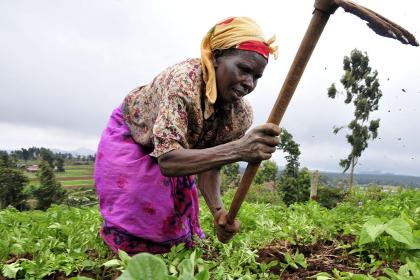
The Least Developed Countries Report 2004 assesses the relationship between international trade and poverty within the LDCs, and identifies national and international policies that can make trade a more effective mechanism for poverty reduction in these countries.
The Report argues that international trade can play a major positive role in reducing poverty in the LDCs. However, in practice, this is not happening in many of them. In some, this failure is due to a weak trade performance, but most LDCs achieved higher export growth in the 1990s than in the 1980s. The failure of trade expansion to allow poverty reduction has been related to weak linkages between trade and economic growth. Moreover, there is a tendency for export expansion in economies with mass poverty and major financial gaps to generate exclusionary rather than socially equitable economic growth. Civil conflicts, in some LDCs, have been closely associated with impoverishing trade.
The Report shows that most LDCs undertook trade liberalization policies in the 1990s. They also received preferential market access from developed and developing countries. But trade liberalization plus enhanced market access does not necessarily equal poverty reduction. Many LDCs are in great need of a fair multilateral trading system while remaining unable to derive much benefit from this system in the absence of meaningful special treatment of disadvantaged countries beside the general principles of liberalization.
If past trends persist, LDCs are likely to become the main locus of extreme poverty in the world economy by 2015. A more effective link between international trade and poverty reduction could help to prevent this from happening. Action is required now on three fronts: mainstreaming of trade and development concerns within national poverty reduction strategies; increasing international financial and technical assistance to enhance domestic production and trade capacities; and promoting a more favourable international trade regime. The latter includes:
- phasing out by OECD countries of agricultural support measures that adversely affect LDCs,
- new international policies to reduce vulnerability to negative commodity price shocks and to address the special challenges facing mineral economies,
- more effective market access preferences for LDCs, complemented by supply-side preferences, and
- enhanced South-South cooperation in the field of trade and investment.




